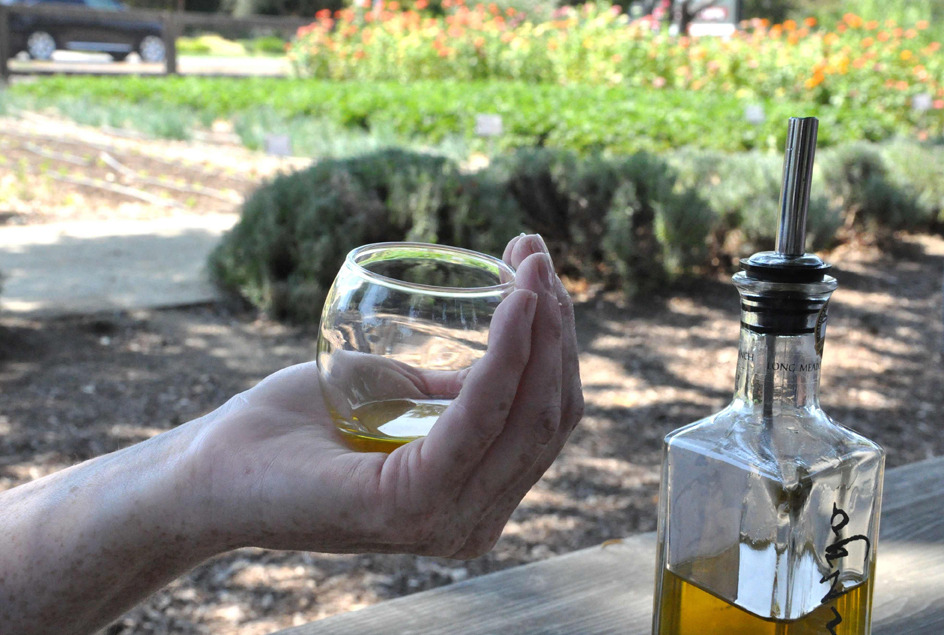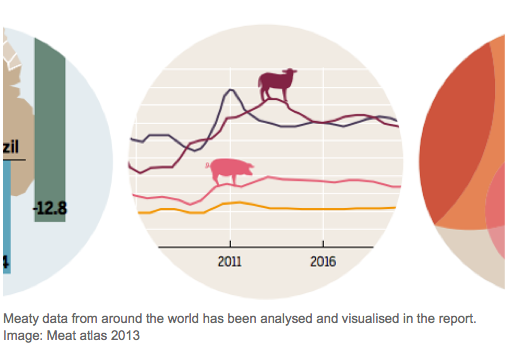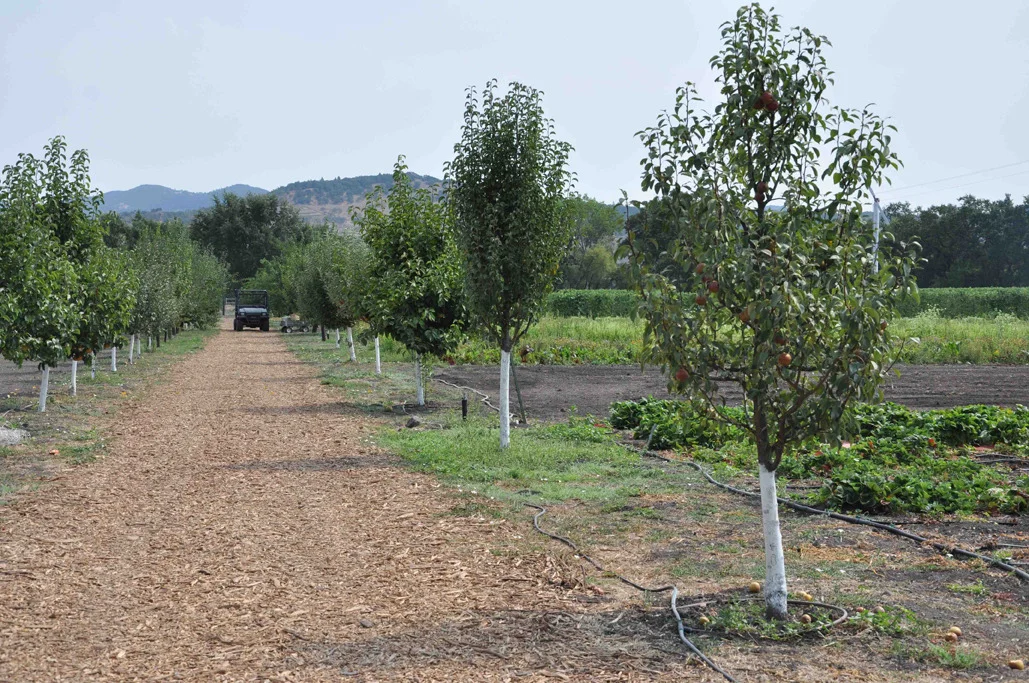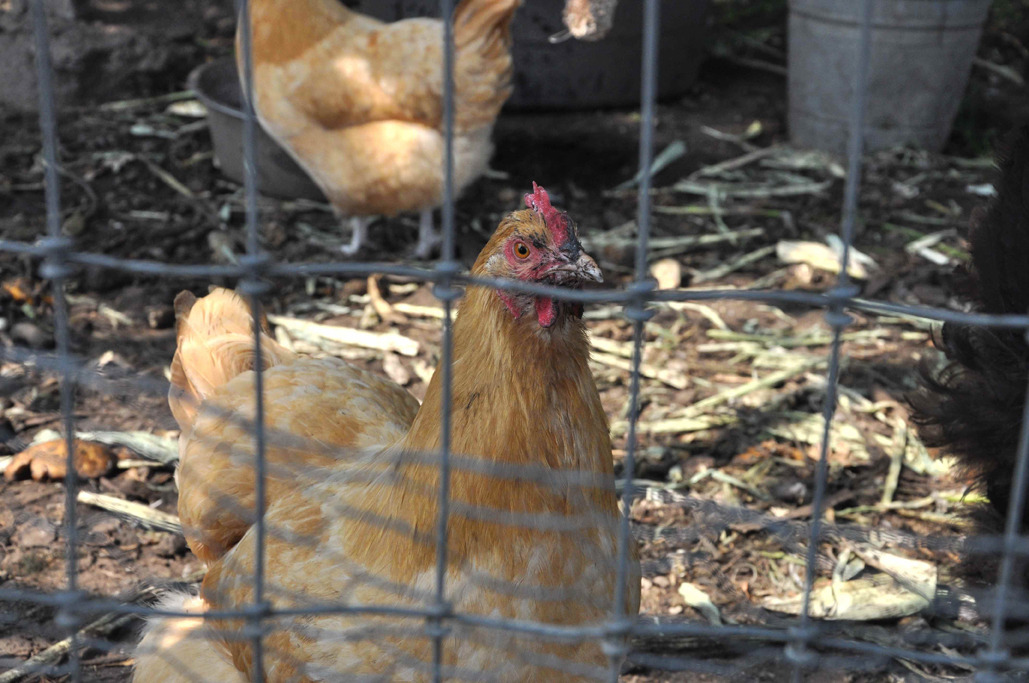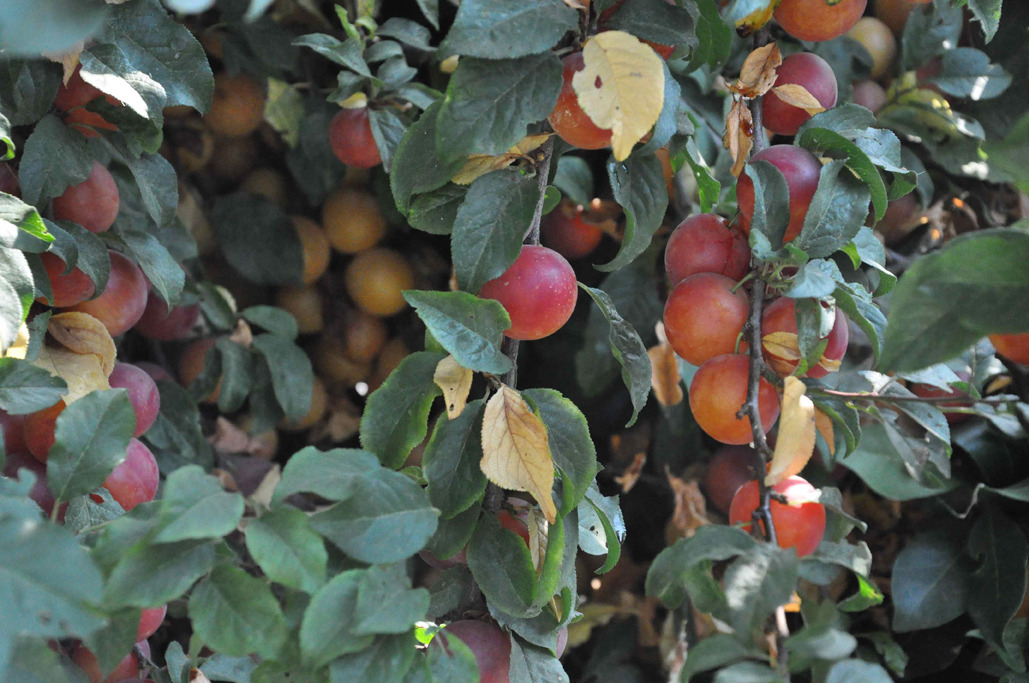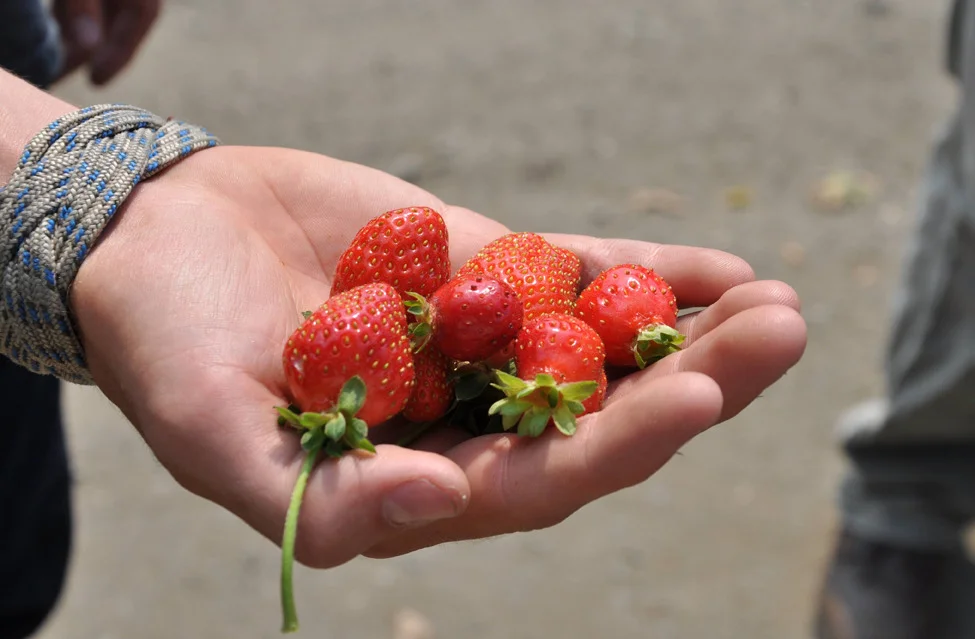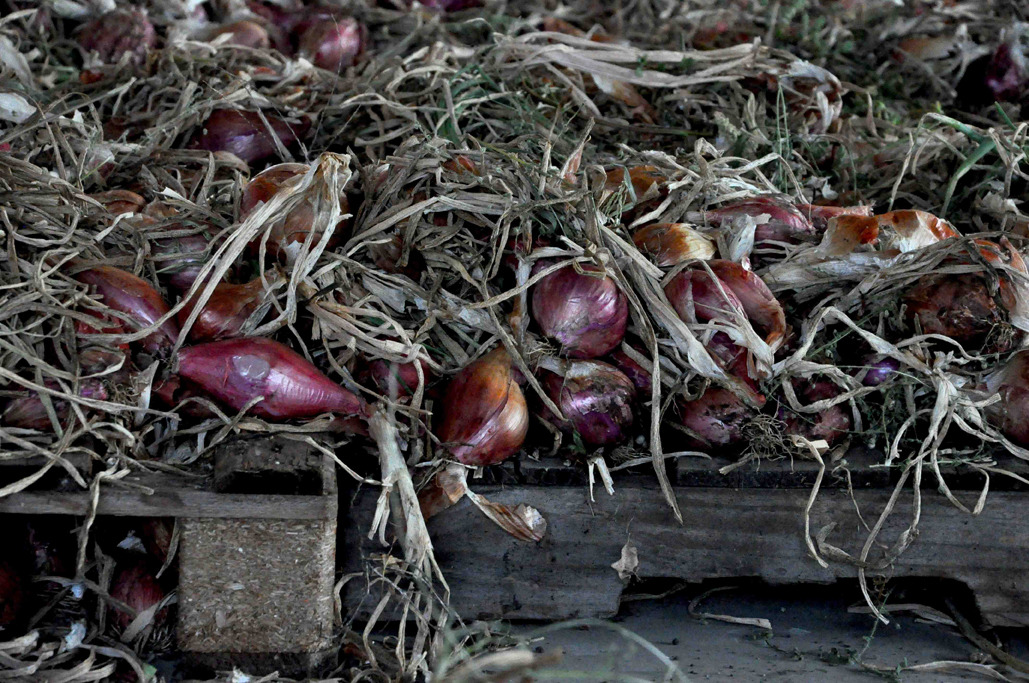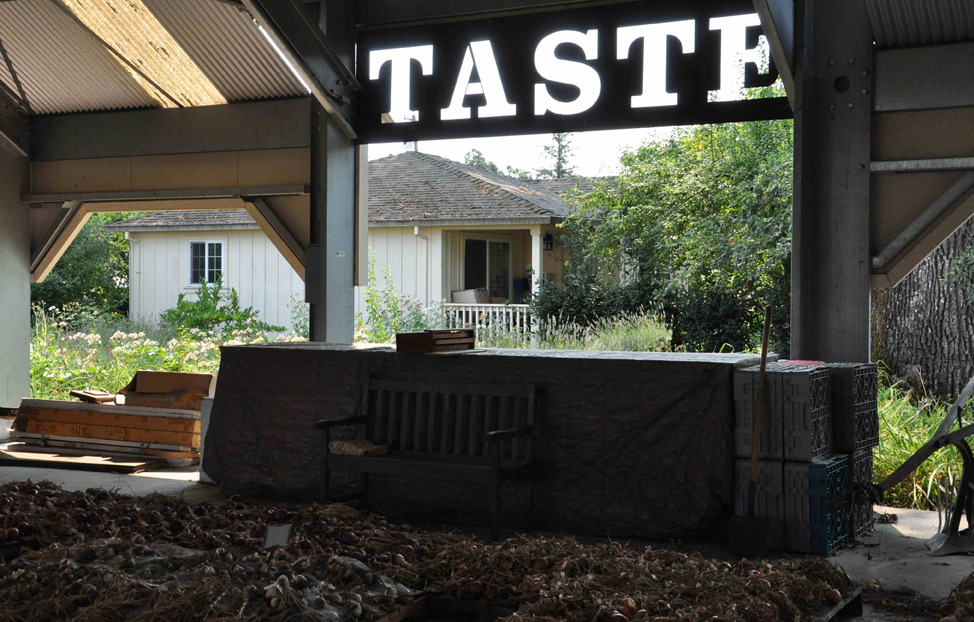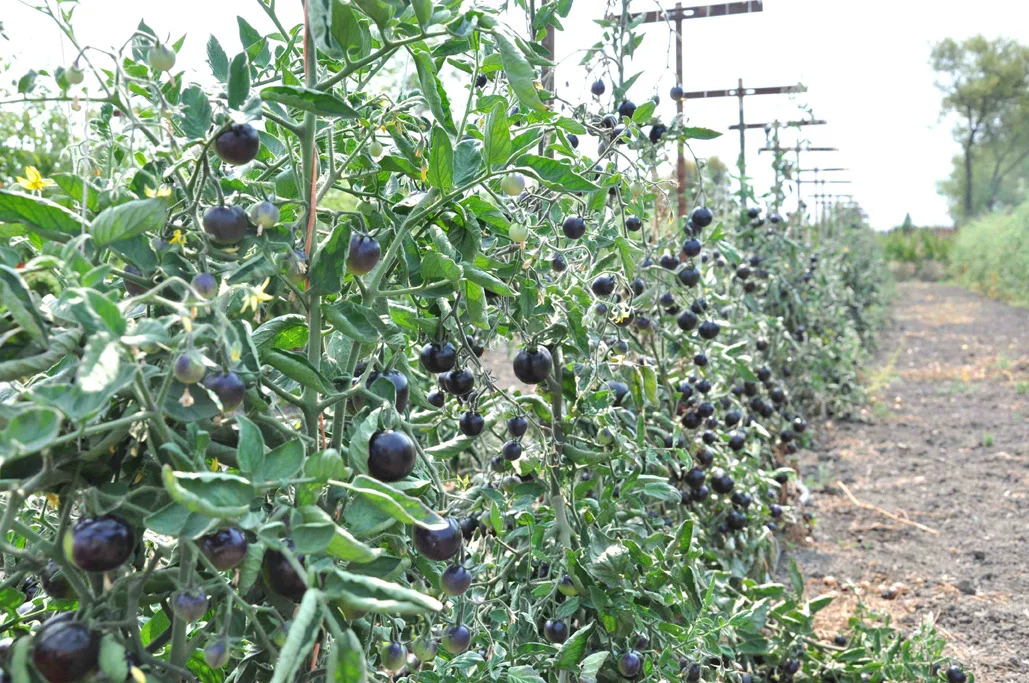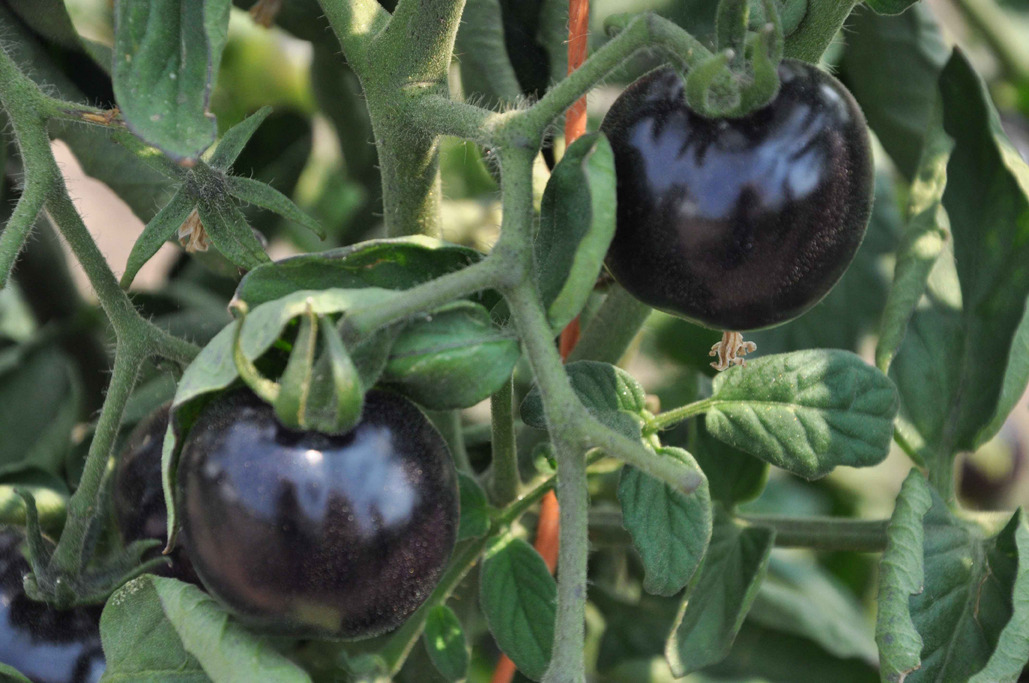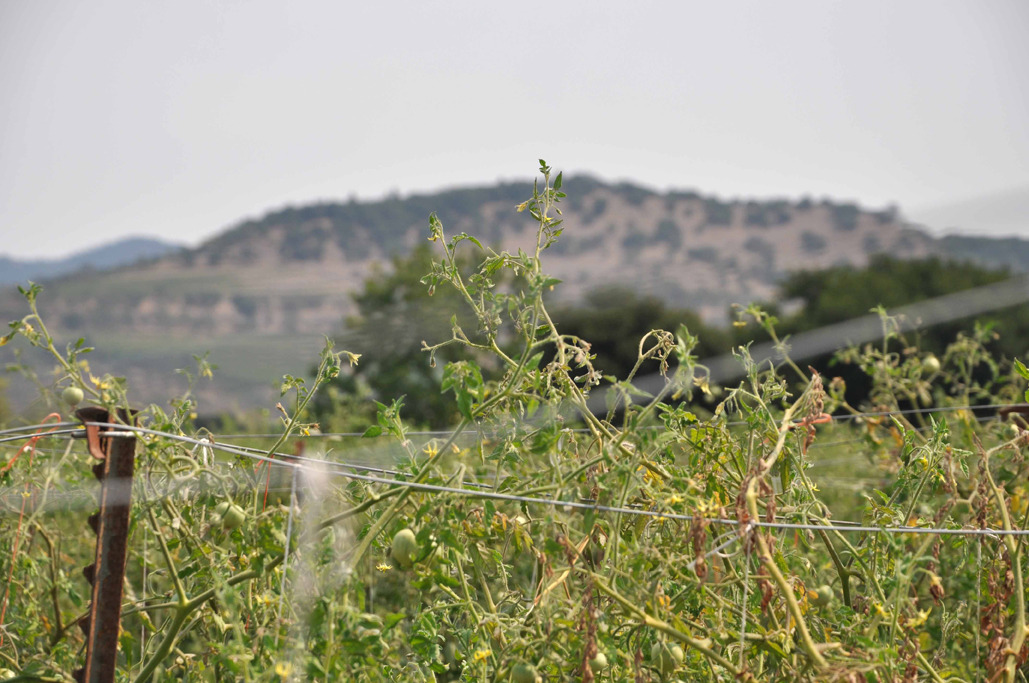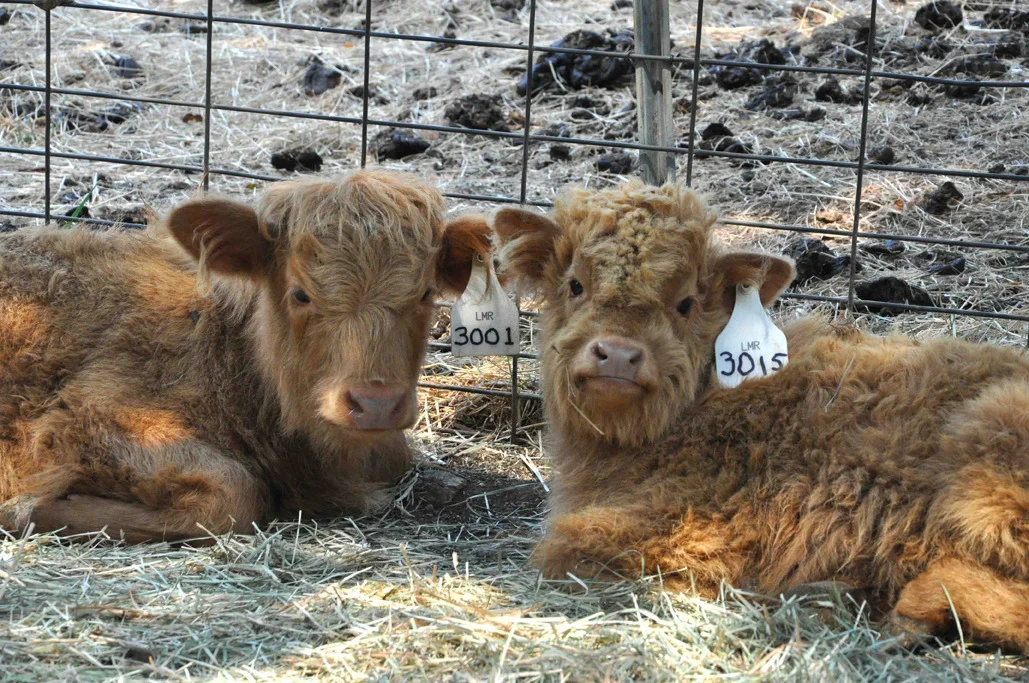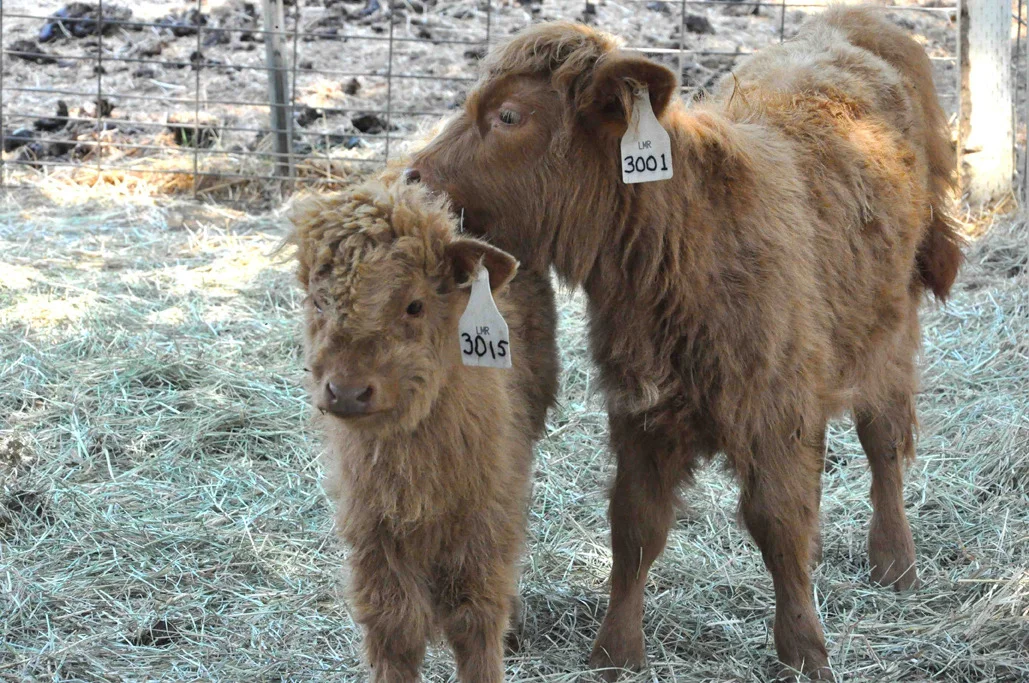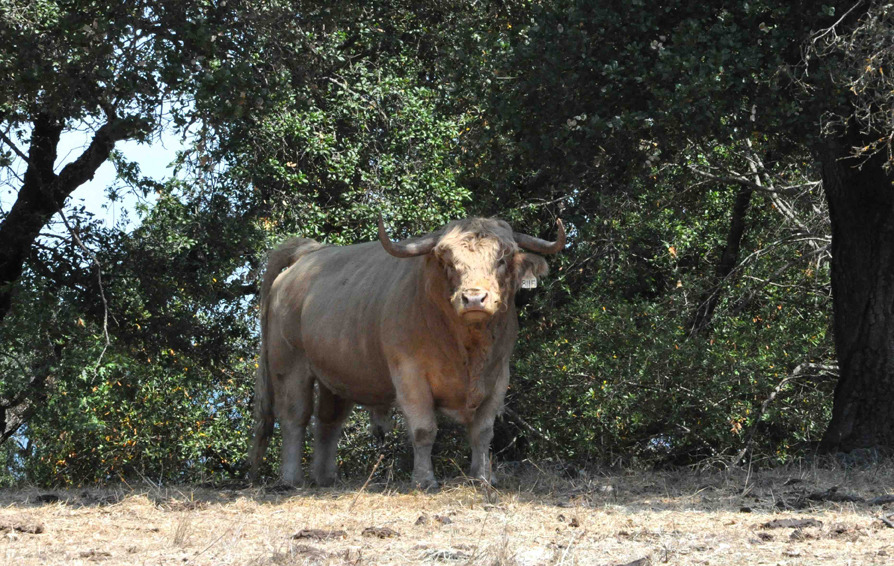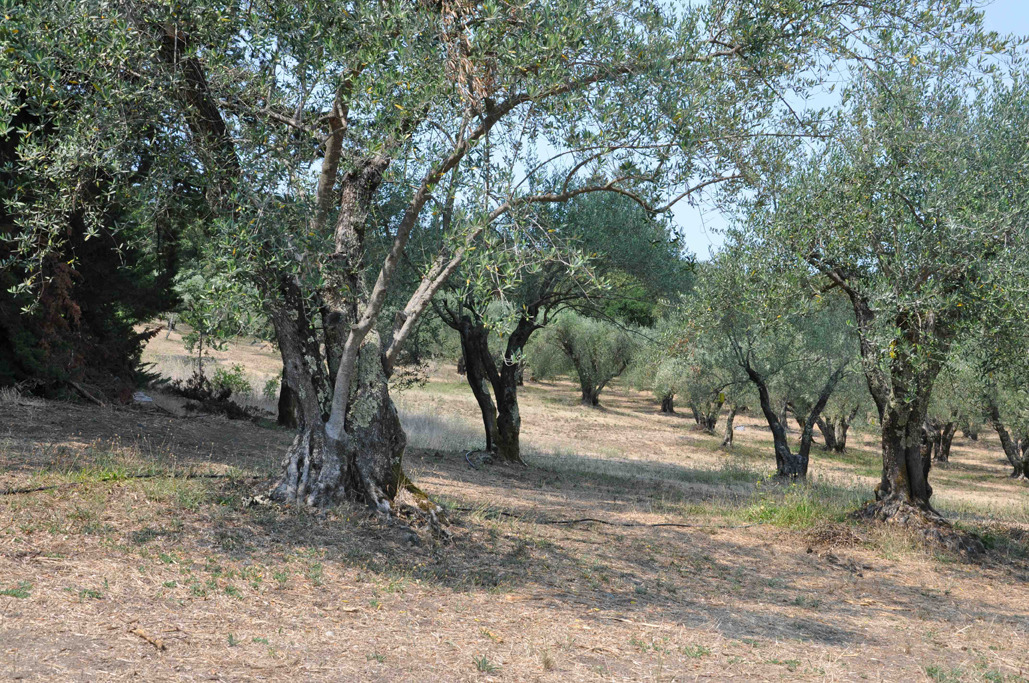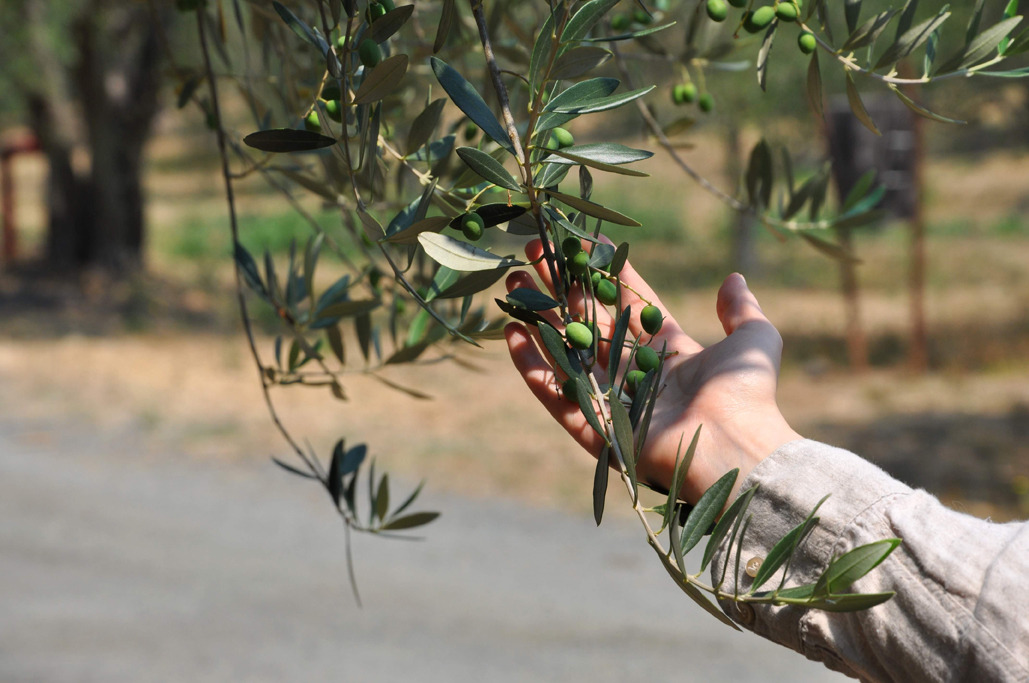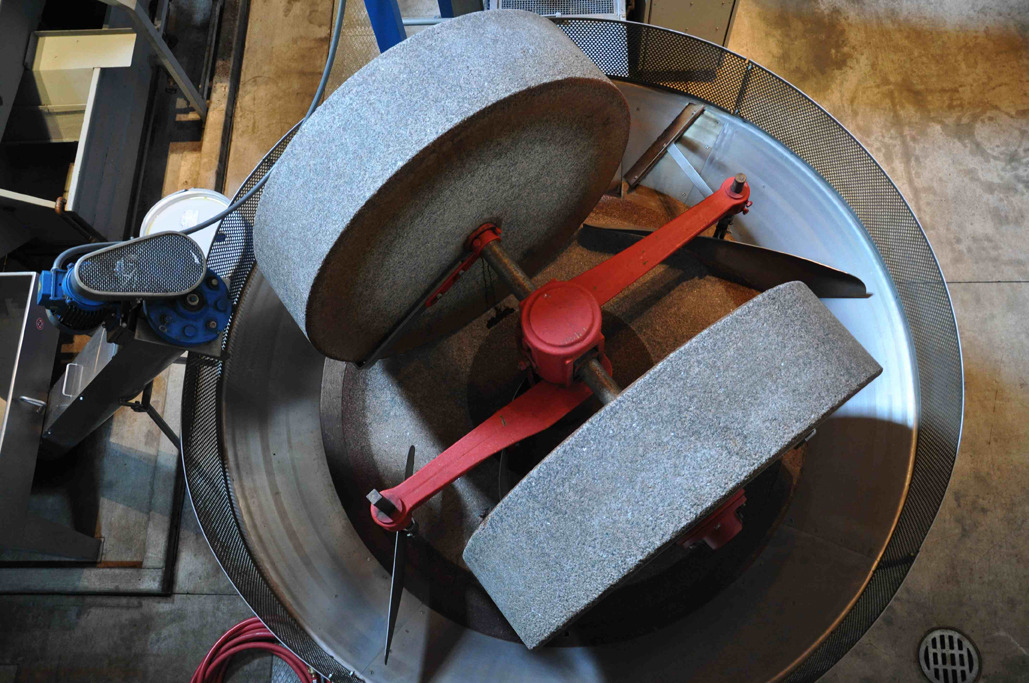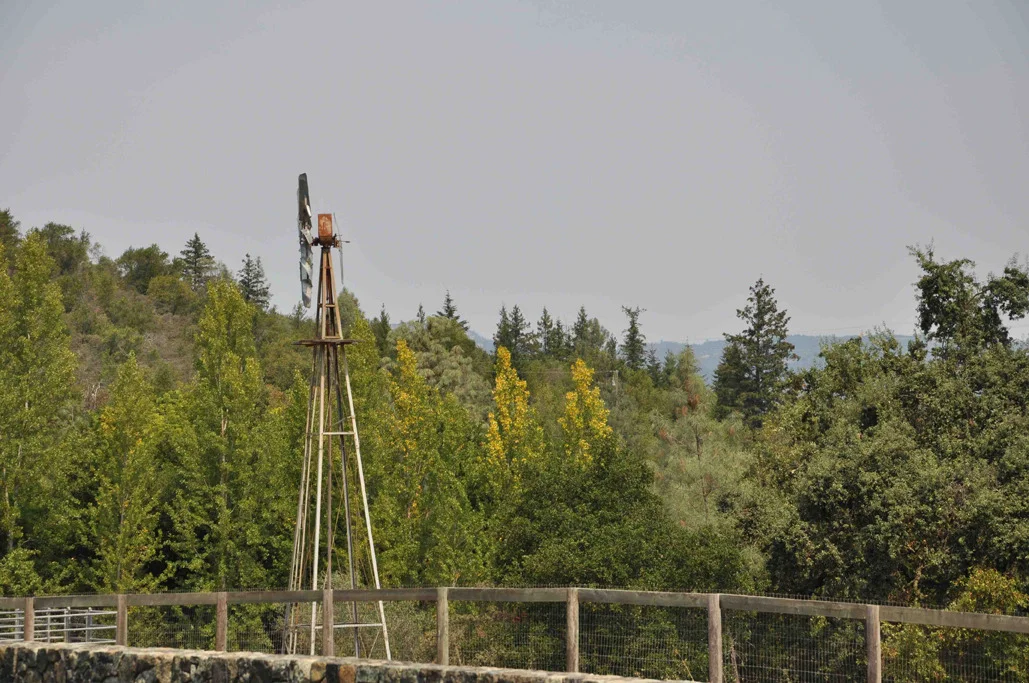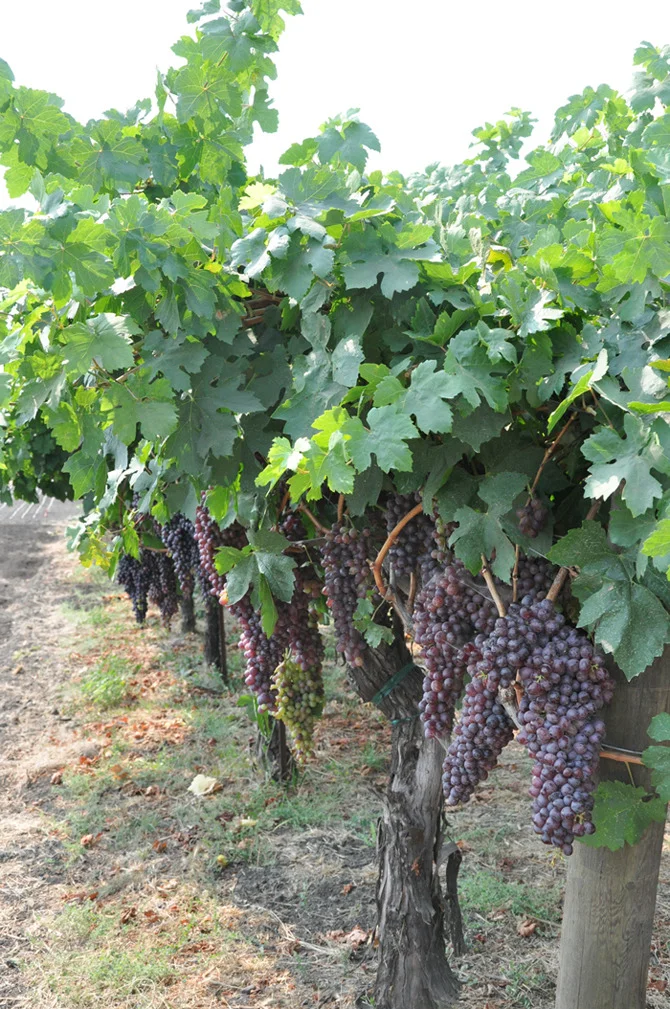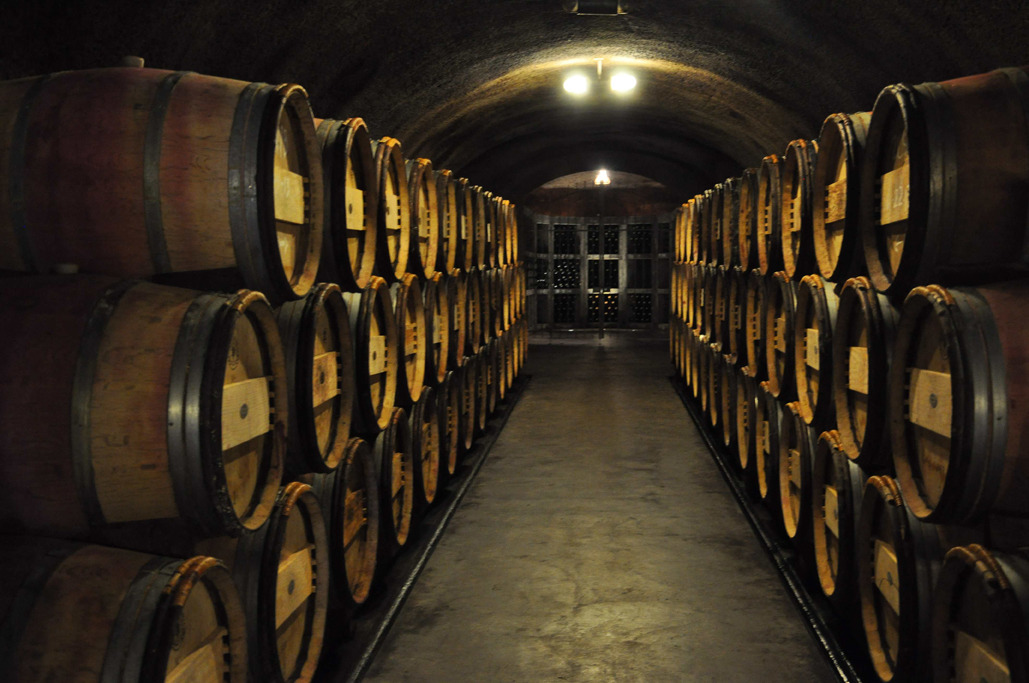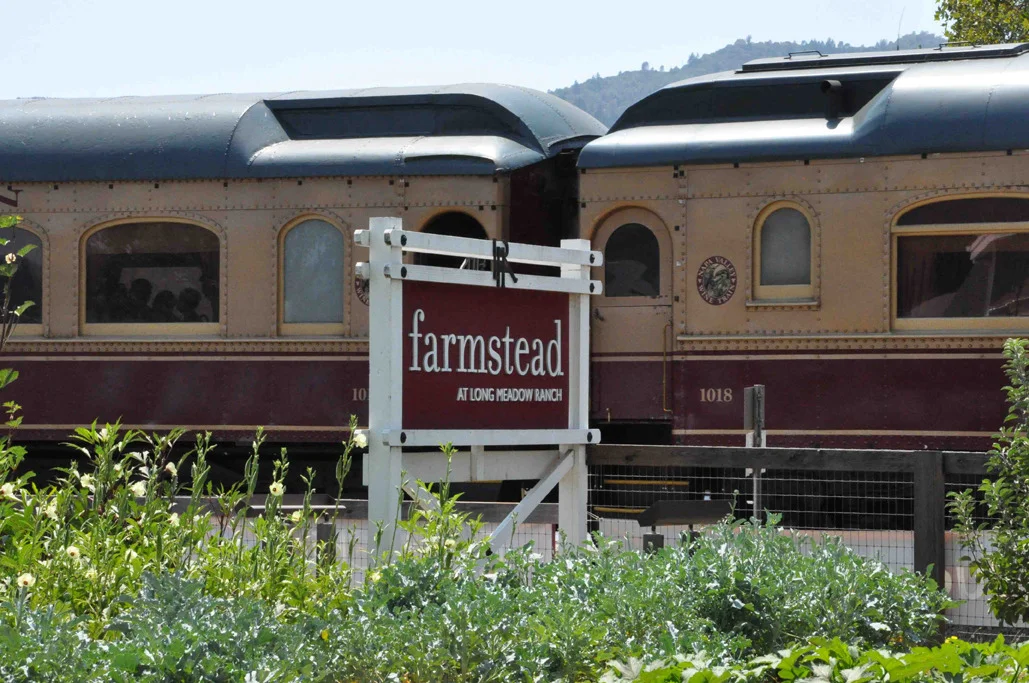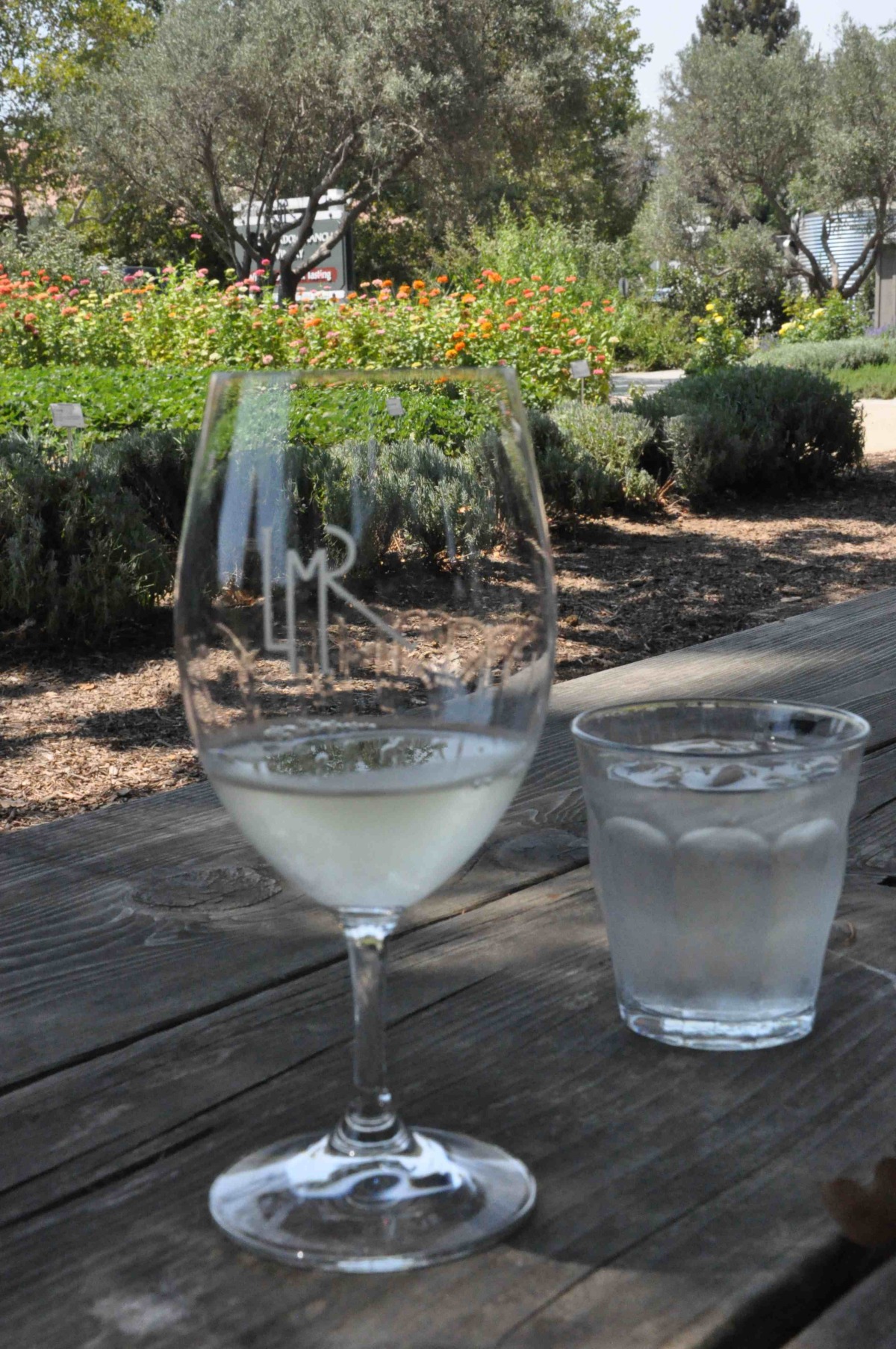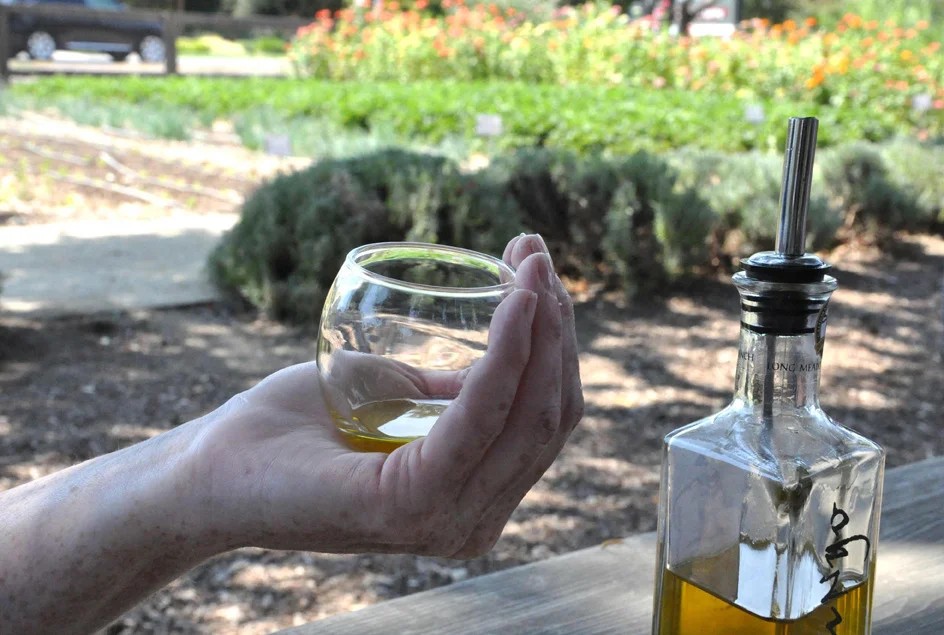favorite finds from the front lines of food
The Olive Oil Edition
Olive oil tasting at Long Meadow Ranch in Napa, California
Right now, in the middle of summer, there is really no better time to enjoy "simple" suppers that refresh and help beat the heat...for example a perfect heirloom tomato with a sprinkle of salt and a drizzle of good quality olive oil. Ahhh, so peaceful. So easy. Right? What? No....
Put simply, climate change is having a huge effect of olive production in the Mediterranean olive producing regions. (New York Times)
In addition, the incredibly fast spreading disease, Xylella fastidiosa, I attacking olives, grapevines, citrus, almond, oak trees and more, across the region. According to the European Commission, "is one of the most dangerous plant bacteria worldwide, causing a variety of diseases, with huge economic impact for agriculture, public gardens and the environment."
But you can't fight it is you can't see it. There has been a recent tech development which is giving some hope to farmers. A hyperspectral camera is being used to identify infected tress so they may be culled. The camera is flown 500m over the groves and each tree can be analyzed (250 bands of infrared light) to see how the trees are photosynthesizing. Because there is no cure for this disease, it is vital that farmers be able to identify infected trees in order to cull them from the orchard.
Xylella fastidiosa is a bacterium, not a virus, and some farmers in Puglia are not happy with the practice of uprooting otherwise healthy trees to curb the spread of the infection. Some of the older farmers are looking to natural remedies such as fertilizing with cow manure, pruning and using copper and iron sulfates during the farming process.
But not everyone agrees with this natural approach. Giovanni Martelli, a plant virologist at the University of Bari, who has conducted studies for the authorities and supports uprooting, said: “People who claim that Xylella can be treated with natural remedies are not right. There is no cure for Xylella. The immediate removal of infected trees and surrounding healthy trees is an indispensable measure to block the spread.”
So what to do? from a recent article in the Guardian:
“I am very encouraged by this new research,” said Richard Buggs, a plant health research leader at the Royal Botanic Gardens, Kew, in the UK, and not involved in the new study. “Plant pests and pathogens are on the increase around the world, and we desperately need new tools.”
“Xylella can infect a very large number of plant species, including cherry trees, plum trees, lavender, and rosemary,” Buggs said. “When you buy a live plant for your home or garden, you should make sure you know where it has come from and avoid buying a plant that has not been grown [domestically].” (Guardian)
So folks, as you eat that tomato with the drizzle of oil, just remember the challenges that the farmers face to bring it to your table. Don't take any of it for granted. That means, the oil, the tomato, the salt or the dining companion you might be sharing it with. Enjoy all of it. Give thanks and eat with awareness and recognition because these are changing times.
